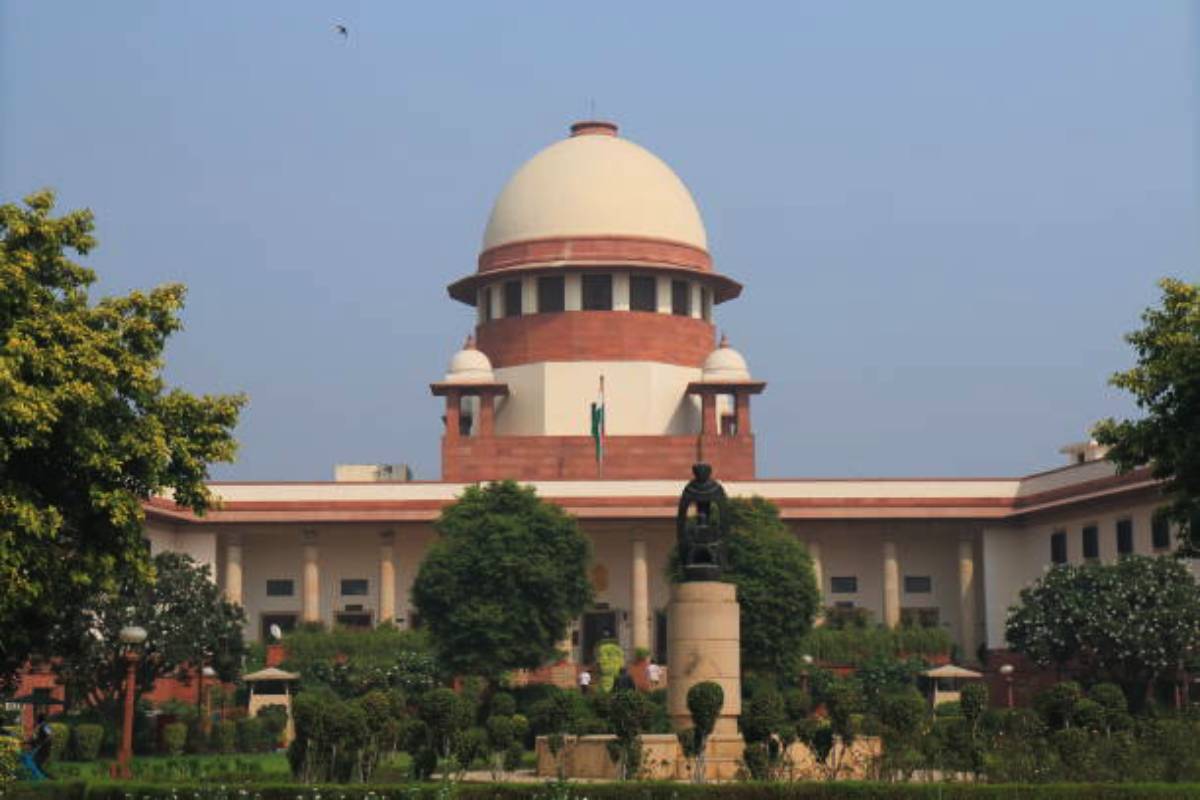The Supreme Court on Tuesday asked the Central government to collect/furnish information on whether execution of death sentence by hanging was cruel and offending to human dignity along with information on alternate methods of carrying out death sentence by lethal injunctions, or through electrocution.
Seeking information on different methods of execution of death sentence, a bench comprising Chief Justice D Y Chandrachud and Justice P S Narasimha indicated that they may constitute a committee having representation from National Law University, Delhi, National Law School, Bengaluru or Hyderabad, doctors from AIIMS or other medical institutions and the scientists.
Advertisement
The court also sought material from the point of view of science and technology. The court remarked is today’s science suggests that hanging is the best method or there are other methods which are more conforming to human dignity while carrying out a death sentence.
Initially, the court posted the matter for consideration next week but after Attorney General R Venkataramani told the court that he would like to have a look at the issue, the court said that matter would be listed on May 2 thereby giving sufficient time to the Attorney General to go into the matter.
In the course of the hearing PIL petitioner advocate Rishi Malhotra, who has challenged the provision allowing for the execution of death sentence by hanging, described it inhuman and cruel and favoured death sentence by administering lethal injection or by electrocution in electric chair.
Malhotra’s reference to the execution of a death sentence by shooting was dismissed by the court as barbaric.
Chief Justice Chandrachud referred to the material raising questions about administering lethal injection, citing the instances where a person undergoes sufferings when lethal injection does not succeed in carrying out the death sentence.
During the hearing, the bench told Malhotra that it is in the domain of the experts in the field of medical and science to determine which method is less painful and humane. As far as courts are concerned, they can only look into the validity of the statutory provisions.
Chief Justice Chandrachud said that there has be material on record to justify displacing the 1983 judgment that had upheld the existing provision of executing death sentence by hanging.
Interestingly, the 1983 judgment was authored by then Justice Y.V. Chandrachud who later went on to become the Chief Justice of India. Justice Y.V. Chandrachud was father of Chief Justice D Y Chandrachud.











